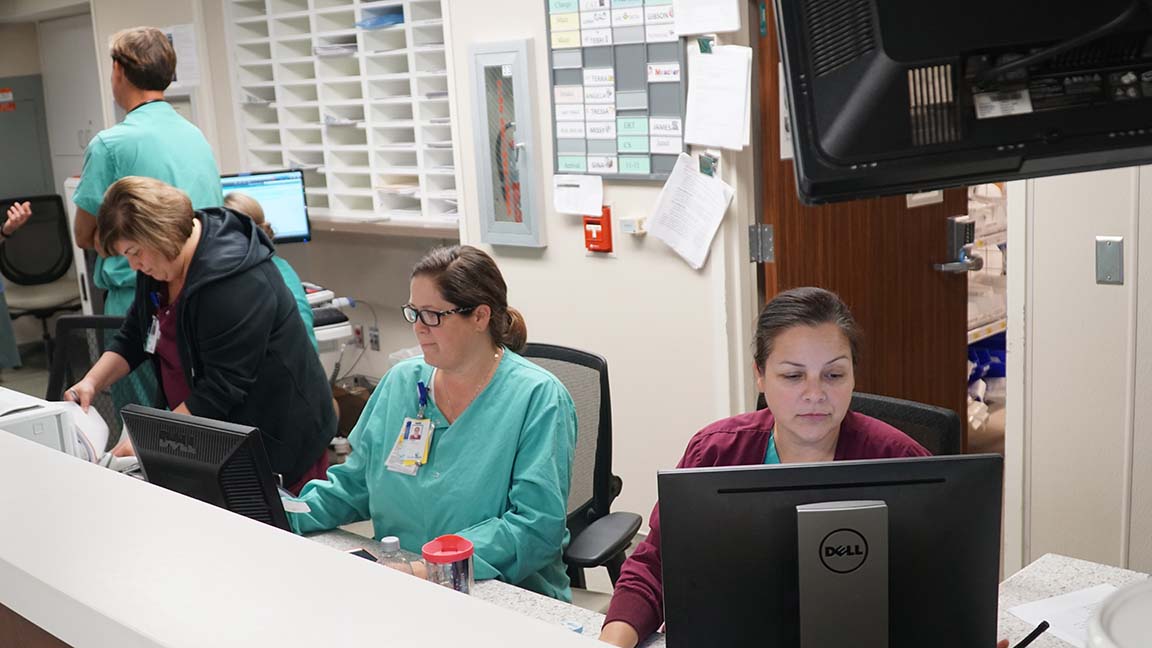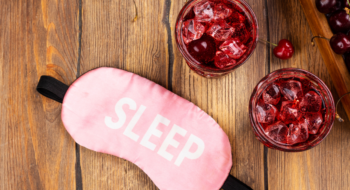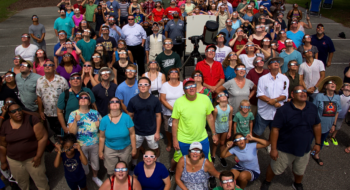For many folks, a good Thanksgiving Day is when you sit down with loved ones to enjoy good conversation and an unusually lavish meal. A not-so-good Thanksgiving Day? When you experience an injury or illness that prompts a visit to the emergency department.
Every year, tens of thousands of Americans find themselves in the emergency department on Thanksgiving, one of the year’s most dangerous holidays.
At Tidelands Health, the experienced teams in the health system’s emergency departments will be ready.
“We plan for Thanksgiving like any other day and prepare for everything and anything to come in,” says Wendi Kobylarz, clinical director of the emergency department at Tidelands Georgetown Memorial Hospital.
Before dinner
The most common injuries the Tidelands Georgetown emergency department team faces on Thanksgiving are not food or alcohol related. Sprains and strains from playing sports with family members are typically the biggest culprit.
To make sure those kinds of injuries aren’t the reason you miss dinner, Kobylarz says people should be careful not to overextend themselves and should go easy on the roughhousing.
Making dinner
Deep frying an entire turkey has become a popular way of preparing dinner on Thanksgiving, but it can also be one of the more dangerous approaches if the proper precautions are not taken.
Fires caused by deep-frying turkeys are a primary reason why there are more than three times as many home cooking fires on Thanksgiving as a typical day of the year, making it by far the leading day for U.S. home cooking fires, according to the National Fire Protection Association.
To help avoid injury and fire, make sure to set your turkey fryer on an even surface more than 10 feet from your home, keep children and pets away and never leave the fryer unattended. Always follow instructions provided by the fryer manufacturer.
Also consider wearing protective gear including goggles and fireproof gloves. The turkey should be fully thawed and patted dry to help prevent the oil from bubbling and spilling over.
“If you do receive a burn, rinse the site with cool water and gently wrap it with a clean bandage or gauze,” Kobylarz says. “Seek out medical attention if the burn shows signs of infection, if pain worsens or if the burn blister is larger than two inches.”
After dinner
Kobylarz says after dinner is typically the busiest time in the ER on Thanksgiving as people seek help due to an overindulgence in alcohol and food, which can cause abdominal pain, chest pain and other symptoms.
“Be conscious of the amount of food you eat and beverages you drink,” Kobylarz advises. “If you are on sodium or fluid restrictions, stick with them.”
If you have any concerns about chest pain or other health conditions that may arise during the holiday, don’t wait to seek care, she said. Never overlook warning signs.




